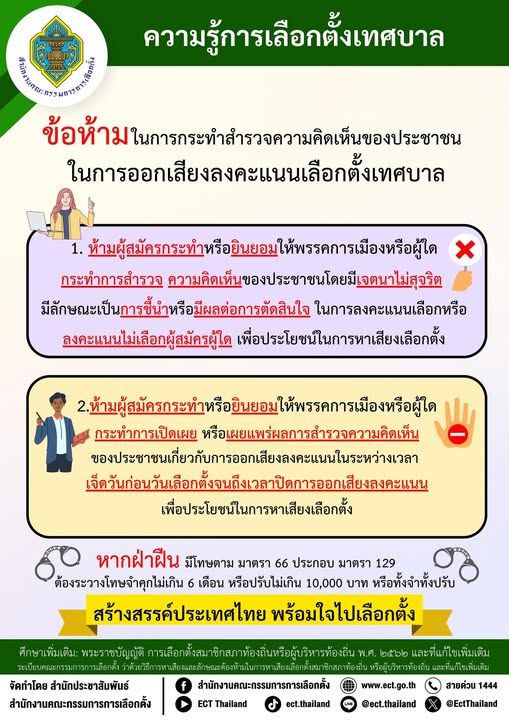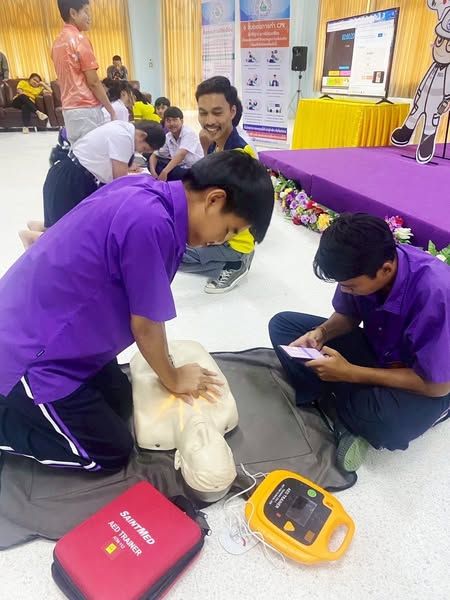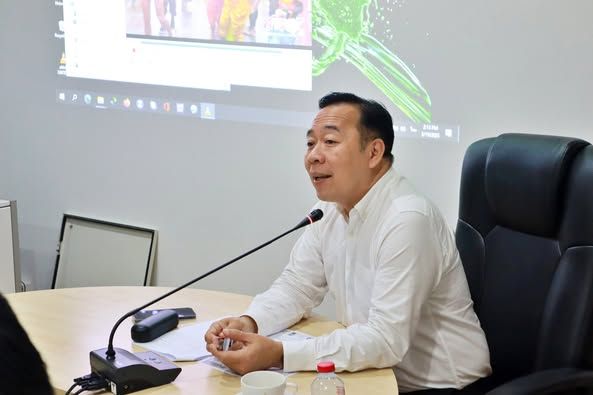The Rise of Electric Vehicles in Southeast Asia
Thailand has experienced a remarkable surge in electric vehicle (EV) registrations, with over 32,000 EVs registered in just the first five months of this year, a 474.43% rise year-on-year. In comparison, Indonesia sold only 10,000 EVs in 2022 and predicts sales will reach around 50,000 units this year. This growth can be attributed to public-private partnerships and supportive government policies, such as the 80% tax break effective from November 2021 to November 2025 and subsidies ranging from 70,000 baht to 150,000 baht (US$2,000 to US$4,350) for eligible EVs.
Diverse Market and Lessons for Indonesia
Thailand’s EV market offers a diverse range of choices for consumers, with popular models including the BYD ATTO 3, Neta V, and Tesla Model Y. The Thai model of EV adoption serves as an excellent example for other countries, including Indonesia. Studying and adapting certain aspects of Thailand’s approach can accelerate the growth of Indonesia’s EV market.
Collaborating in EV Production and Automotive Batteries
Thailand’s strong position in the automotive market, coupled with Indonesia’s abundant resources such as bauxite and nickel, presents an opportunity for synergy and mutual benefits. Thailand is the 11th largest automobile producer in the world and the 2nd largest pickup truck producer, attracting international automakers and automotive parts manufacturers. Forming joint ventures and partnerships can significantly strengthen the automotive supply chains in both countries and establish an efficient and resilient supply chain in Southeast Asia for the global EV industry.
Integration of QR Payment Systems
The integration of Indonesia’s Quick Response Code Indonesian Standard (Qris) and Thailand’s PromptPay QR opens up significant opportunities for micro, small, and medium enterprises (MSMEs) and tourism businesses in both countries. As of December 2022, there are 28.7 million Qris merchants, with 90% being MSMEs. The integration of the Qris system with the PromptPay QR system in Thailand aligns with the vision of fostering regional economic integration within ASEAN.
Lessons from Thailand’s Post-Election Period
The recent post-election period in Thailand offers several lessons that can be applied to the upcoming election in Indonesia. The collaboration between competing parties, the Move Forward Party and the Pheu Thai Party, demonstrates the importance of working together for the nation’s future. Indonesia can learn from this example, applying the concept of “compete to collaborate” in its upcoming elections.
Subheading: Supporting Small Businesses and Tourism
The integration of Qris and PromptPay QR systems benefits both small businesses and the tourism industry. Increasing awareness and promoting the use of cashless transactions can further encourage collaboration and economic activity between Indonesia and Thailand.




